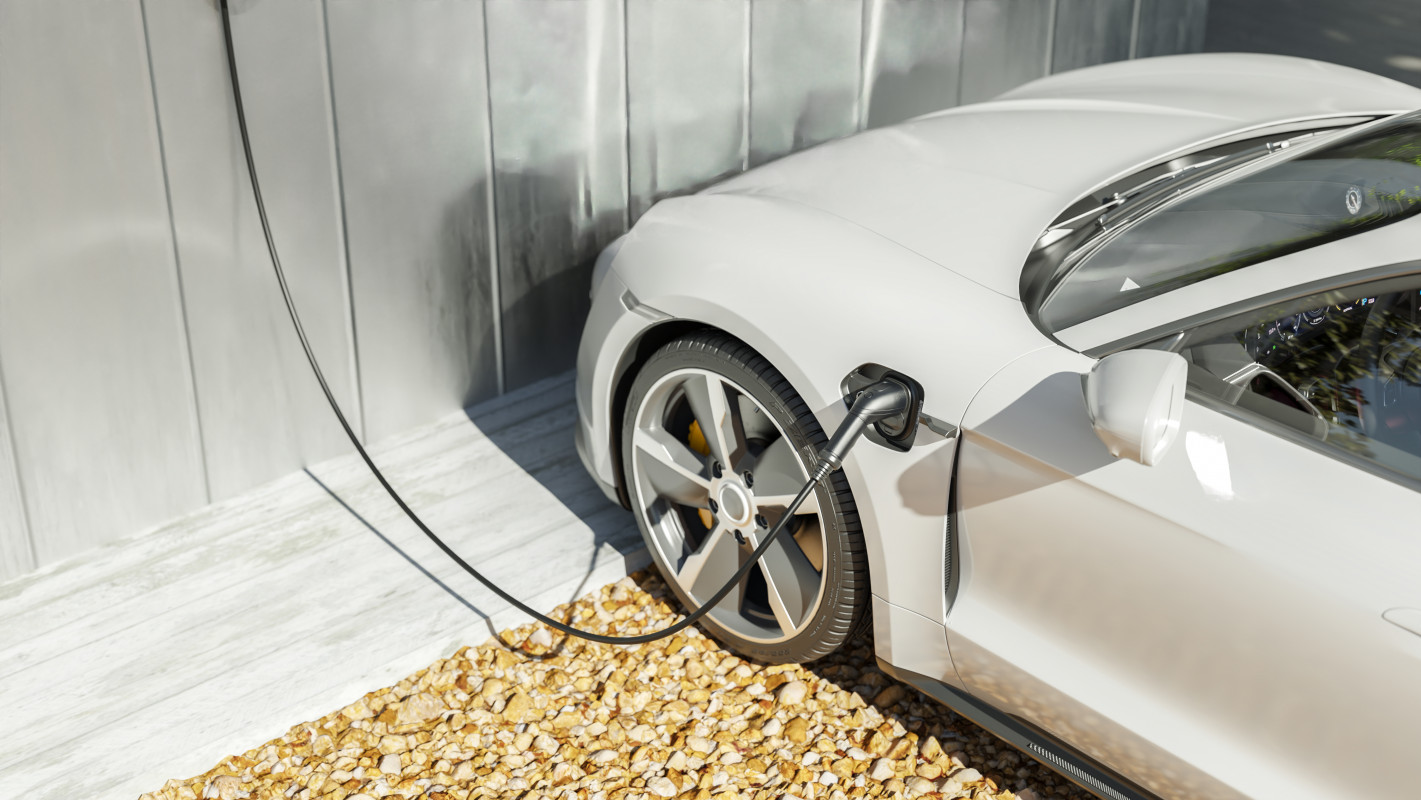Government funding changes

Changes to the plug-in grant scheme to enable funding to go further and to help more people make the switch to an electric vehicle.
- soaring demand for EVs leads to refocusing of grants on the most affordable zero emission cars, making best use of taxpayer money
- analysis shows sales of zero-emission cars are up 89% compared to 2020, and in the last 3 months to December 2021 nearly 1 in 4 new cars sold had a plug
- comes as new rules set to be introduced this year to improve reliability and make it easier to pay at public chargepoints
As sales of plug-in cars, vans and motorcycles increase, the government announced that the grant scheme for zero-emission vehicles has been updated to target less expensive models, allowing the scheme’s funding to go further and to help more people make the switch to an electric vehicle (EV).
The plug-in grant scheme, which has supported nearly half a million vehicles over a decade, has helped kickstart a market that is now moving forward at pace with over one in 10 cars sold in 2021 – over 150,000 – having a plug. EVs are becoming more affordable as the market has expanded and demand is increasing.
The government will provide grants of up to £1,500 for electric cars priced under £32,000, with currently around 20 models on the market, ensuring taxpayers’ money makes the most difference – and ensuring as many people as possible can benefit. Support for wheelchair accessible vehicles is being prioritised, with these retaining the £2,500 grant and a higher £35,000 price cap. Government’s total investment in the EV transition remains unchanged.
Grant rates for the Plug in Van Grant will now be £5,000 for large vans and £2,500 for small vans, with a limit of 1,000 per customer per year. This will enable a more sustainable grant scheme and will ensure that taxpayers’ money is distributed more fairly across businesses seeking to transition their vehicles to zero emission. Plug in Van Grant orders in 2021 are already over 250% higher than in 2020, demonstrating the strong shift to an electric future.
Motorcycle and moped grants will also be changing, with the government now providing £500 off the cost of a motorcycle, and £150 for mopeds, with a price cap on vehicles of £10,000. Almost 50% of mopeds sold this year were battery electric, with some models now at price parity with their internal combustion engine equivalent. These changes and the new price cap will target funding where it is really needed to support the transition to zero emission two-wheelers.
The government’s approach to supporting the uptake of electric cars is clearly working – while the grant has slowly reduced over time, the sales of electric vehicles has soared. Record sales in 2021 have already exceeded those from 2019 and 2020 combined.
Meanwhile the government is also setting out that it will introduce new rules to increase confidence in our EV charging infrastructure. These rules will mandate a minimum payment method – such as contactless payment – for new 7.1 kW and above chargepoints, including rapids. Motorists will soon be able to compare costs across networks which will be in a recognisable format similar to pence per litre for fuel and there will be new standards to ensure reliable charging for electric vehicle drivers.
Transport Minister Trudy Harrison said:
“The market is charging ahead in the switch to electric vehicles. This, together with the increasing choice of new vehicles and growing demand from customers, means that we are refocusing our vehicle grants on the more affordable vehicles and reducing grant rates to allow more people to benefit, and enable taxpayers’ money to go further.
We want as many people as possible to be able to make the switch to an electric vehicle, which is why we will also be introducing new rules to make it easier to find and pay at chargepoints. This will ensure drivers have confidence in our charging infrastructure, as we look to reduce our carbon emissions, create green jobs and level up right across the UK.”
The total funding committed by the government to support the transition to zero emission vehicles is £3.5 billion. This includes recent investments like an additional £350 million to support the electrification of UK vehicles and their supply chains, as part of our £1 billion commitment, and a further £620 million for targeted electric vehicle grants and infrastructure, with a focus on local on-street residential charge points.
